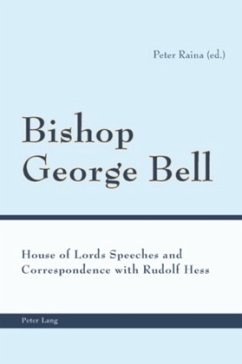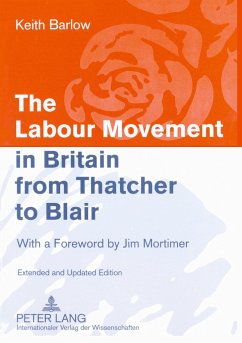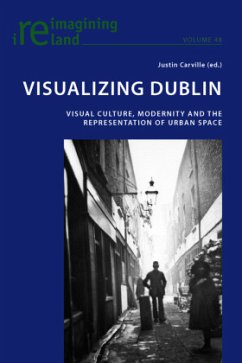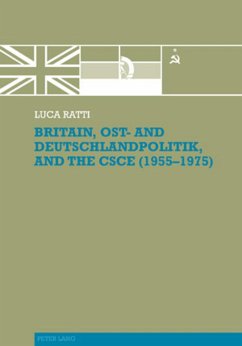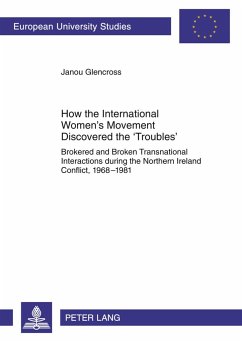
House of Lords Reform: A History
Volume 3. 1960-1969: Reforms Attempted
Versandkostenfrei!
Versandfertig in 6-10 Tagen
178,50 €
inkl. MwSt.

PAYBACK Punkte
0 °P sammeln!
Volume 3 of Peter Raina's magisterial history covers the 1960s and draws on newly released documents. In astonishing detail, it traces new plans drawn up during the Macmillan-Wilson era to reform the House of Lords. 'Mission impossible,' a civil servant declared. But when, to remain a Commons MP, Tony Benn insisted on disclaiming an inherited peerage, he started off a fresh willingness to tackle old problems. The Peerages Act 1963 allowed peers the option of disclaimer and, at last, gave equal rights in the Upper House to Scottish and women inheritors. A Labour government came in, and in 1967...
Volume 3 of Peter Raina's magisterial history covers the 1960s and draws on newly released documents. In astonishing detail, it traces new plans drawn up during the Macmillan-Wilson era to reform the House of Lords. 'Mission impossible,' a civil servant declared. But when, to remain a Commons MP, Tony Benn insisted on disclaiming an inherited peerage, he started off a fresh willingness to tackle old problems. The Peerages Act 1963 allowed peers the option of disclaimer and, at last, gave equal rights in the Upper House to Scottish and women inheritors.
A Labour government came in, and in 1967 gained the majority needed to embark on bold legislation. But it feared interference, so comprehensive plans were backed for changing the whole complexion of two-chamber politics. Led by Lord Shackleton and the intellectual Richard Crossman, schemes were devised and inter-party talks got under way - at first in a spirit of cooperation. But had the party elites listened to their fiery back-benchers? When a bill was introduced into parliament, the scenes were unforgettable ...
This volume tells not just the story, but reveals the intricate thinking of those who wanted to make a bicameral system work in the age of modern party politics.
A Labour government came in, and in 1967 gained the majority needed to embark on bold legislation. But it feared interference, so comprehensive plans were backed for changing the whole complexion of two-chamber politics. Led by Lord Shackleton and the intellectual Richard Crossman, schemes were devised and inter-party talks got under way - at first in a spirit of cooperation. But had the party elites listened to their fiery back-benchers? When a bill was introduced into parliament, the scenes were unforgettable ...
This volume tells not just the story, but reveals the intricate thinking of those who wanted to make a bicameral system work in the age of modern party politics.



